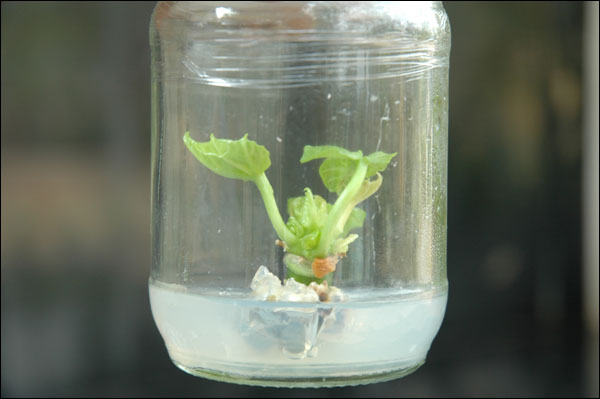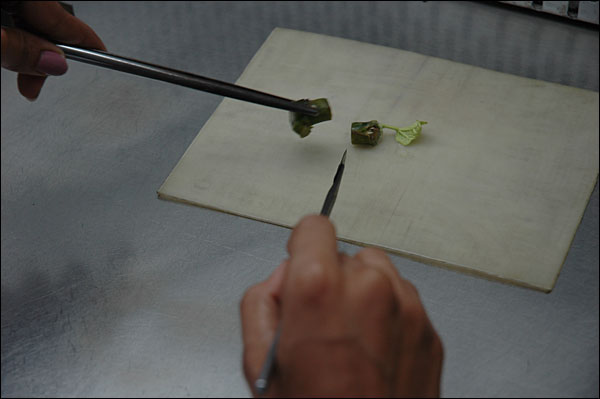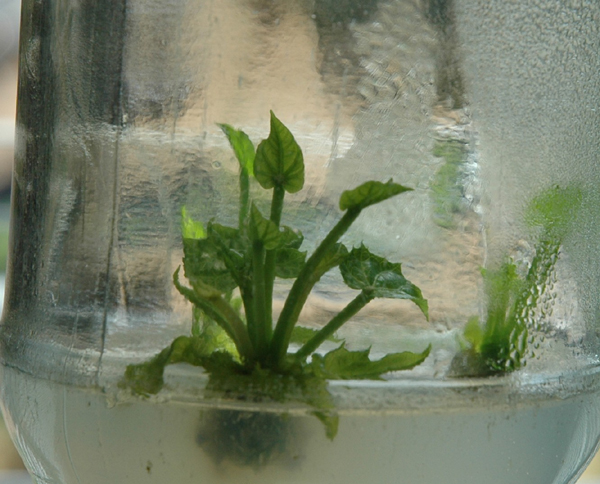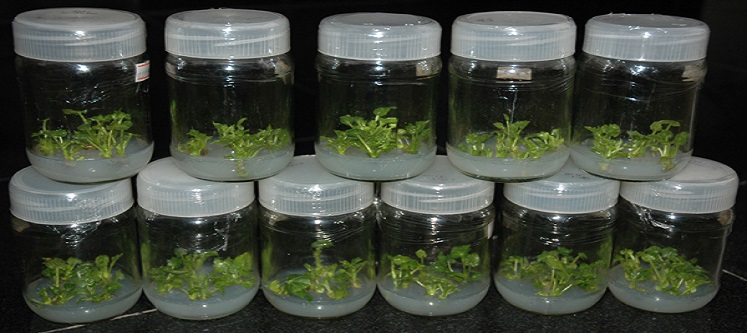Tissue Culture

Tissue culture is a process that involves exposing plant tissue to a specific regimen of nutrients, hormones, and light under sterile, in vitro conditions to produce many new plants, each a clone of the original mother plant, over a very short period of time. AgriForest's tissue culture plants are characterised by disease free growth, a more fibrous, healthier root system, a bushier branching habit, and a higher survival rate.There are three main steps to the tissue culture process. Following these three stages, the plants are then moved from the laboratory to the greenhouses for acclimatisation and further development.
Seed Culture
Seeds may be cultured in vitro to generate seedlings or plants. It is the best method for raising the sterile seedling. The seed culture is done to get the different kinds of explants from aseptically grown plants which help in the better maintenance of aseptic tissue. Domesticating plants – that’s us! At High Mowing, we are continuing a tradition initiated by our ancestors in the Fertile Crescent. Without seed selection and, eventually, breeding, all of us would still be wandering the wilds of the world, chasing down our next meal or gathering fruits and vegetables catch-as-catch-can.


Embryo Culture
Embryo culture is the sterile isolation and growth of an immature or mature embryo in vitro with the goal of obtaining a viable plant. In some plants, seed dormancy may be due to chemical inhibitors or mechanical resistance, structures covering the embryo. Excision of embryos and culturing them in nutrient media help in developing viable seedlings.Embryo developed from wide hybridization between two different species may not mature fully due to embryo-endosperm incompatibility. So, the isolation and culture of hybrid embryos prior to abortion help in overcoming the post-zygotic barrier and production of interspecific or intergeneric hybrids.
